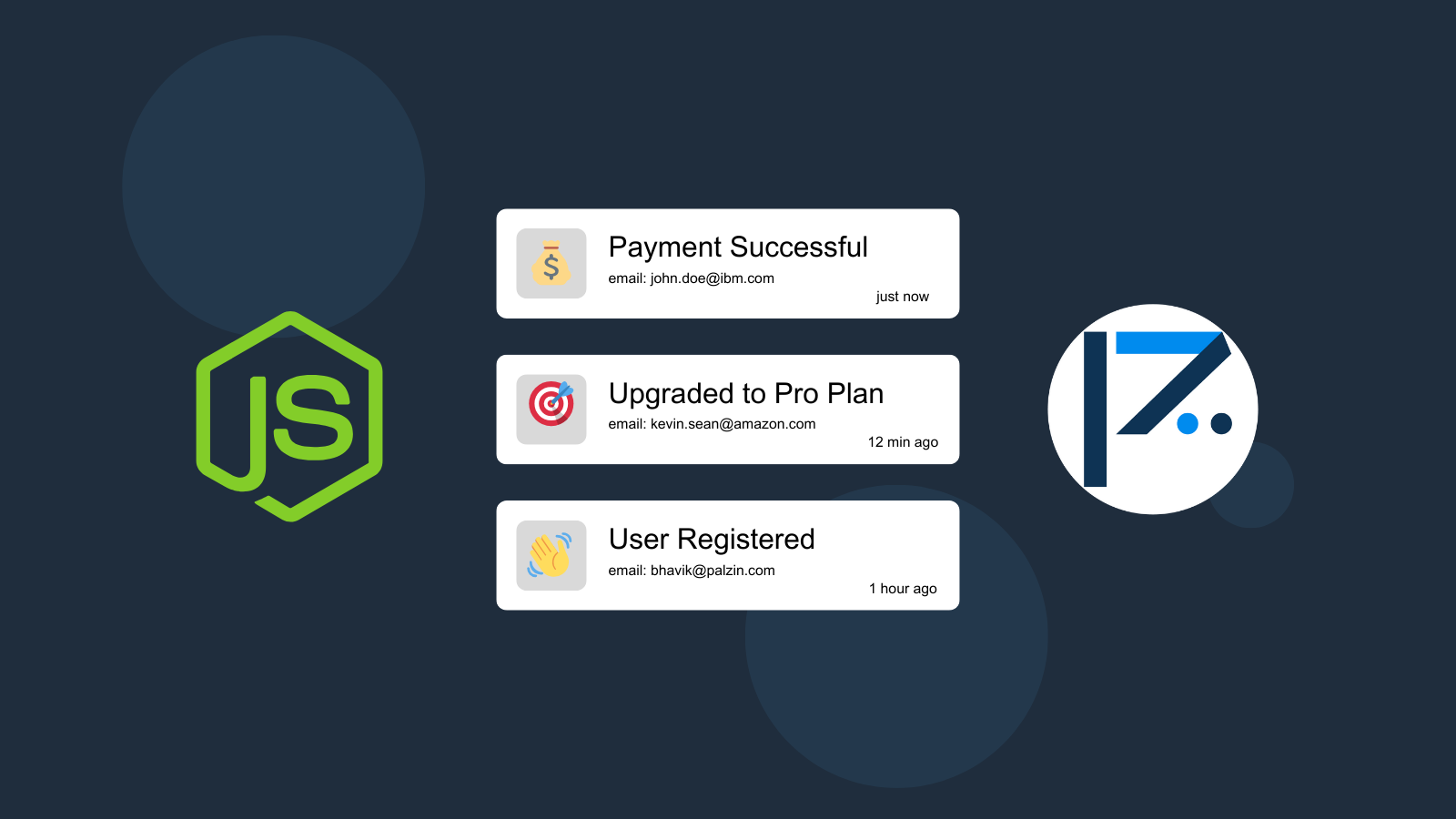
In the context of Nodejs applications, data persistence is a fundamental requirement. While simple data storage options like JSON, CSV, or plain text files suffice in some scenarios, more complex applications often demand a robust solution capable of managing vast datasets, handling numerous requests, and executing intricate queries.
This is where databases come into play, offering a structured approach to data storage and retrieval. Databases empower applications to perform complex queries and scale efficiently. However, delving into databases can be a challenging endeavor, involving intricate setup and maintenance.
One prevalent challenge associated with databases is the possibility of downtime, which can result from various factors. When a database becomes unavailable, it adversely impacts the functionality of your Nodejs application, hindering data retrieval and storage.
To mitigate such issues, it is crucial to establish a monitoring system for your database's activity. Proactive monitoring ensures that anomalies are promptly detected and brings them to your attention, allowing for immediate action to rectify problems before they escalate.
Fortunately, Palzin Track is an ideal solution for addressing this concern, simplifying the process of tracking events within your Nodejs application and monitoring database outages. With Palzin Track, real-time monitoring of database outages is made effortless, and it provides the capability to notify both you and your entire team whenever issues arise.
Connect Palzin Track to NodeJs
Use the following code snippet to track your database outages with Palzin Track. Please don't forget to replace the YOUR_API_TOKEN with your API token and update the project and channel names.
Using NodeJs with Axios
var axios = require('axios');
var data = JSON.stringify({
"project": "my-project",
"channel": "status",
"event": "Database is Down",
"description": "PostgresSQL is down in Oregon",
"icon": "🚨",
"notify": true
});
var config = {
method: 'post',
url: 'https://api.palzin.live/v1/log',
headers: {
'Content-Type': 'application/json',
'Authorization': 'Bearer YOUR_API_TOKEN'
},
data : data
};
axios(config)
.then(function (response) {
console.log(JSON.stringify(response.data));
})
.catch(function (error) {
console.log(error);
});
Using NodeJs with Native
var https = require('follow-redirects').https;
var fs = require('fs');
var options = {
'method': 'POST',
'hostname': 'palzin.live',
'path': '/api/v1/log',
'headers': {
'Content-Type': 'application/json',
'Authorization': 'Bearer YOUR_API_TOKEN'
},
'maxRedirects': 20
};
var req = https.request(options, function (res) {
var chunks = \[\];
res.on("data", function (chunk) {
chunks.push(chunk);
});
res.on("end", function (chunk) {
var body = Buffer.concat(chunks);
console.log(body.toString());
});
res.on("error", function (error) {
console.error(error);
});
});
var postData = JSON.stringify({
"project": "my-project",
"channel": "status",
"event": "Database is Down",
"description": "PostgresSQL is down in Oregon",
"icon": "🚨",
"notify": true
});
req.write(postData);
req.end();
Using NodeJs with Request
var request = require('request');
var options = {
'method': 'POST',
'url': 'https://api.palzin.live/v1/log',
'headers': {
'Content-Type': 'application/json',
'Authorization': 'Bearer YOUR_API_TOKEN'
},
body: JSON.stringify({
"project": "my-project",
"channel": "status",
"event": "Database is Down",
"description": "PostgresSQL is down in Oregon",
"icon": "🚨",
"notify": true
})
};
request(options, function (error, response) {
if (error) throw new Error(error);
console.log(response.body);
});
Using NodeJs with Unirest
var unirest = require('unirest');
var req = unirest('POST', 'https://api.palzin.live/v1/log')
.headers({
'Content-Type': 'application/json',
'Authorization': 'Bearer YOUR_API_TOKEN'
})
.send(JSON.stringify({
"project": "my-project",
"channel": "status",
"event": "Database is Down",
"description": "PostgresSQL is down in Oregon",
"icon": "🚨",
"notify": true
}))
.end(function (res) {
if (res.error) throw new Error(res.error);
console.log(res.raw_body);
});
Palzin Track is a powerful real-time event tracking tool that works seamlessly with NodeJs applications. It provides a number of features such as real-time event tracking, cross-platform push notifications, event filtering, user and product journeys, charts and analytics, and much more.
By being a use-case agnostic event tracking tool, Palzin Track allows you to track any event in your NodeJs applications in any way you want. You can track your database outages, system status, and even user activity in real-time.
Palzin Track reveals the human stories behind your data. Make user-centric decisions that drive growth.